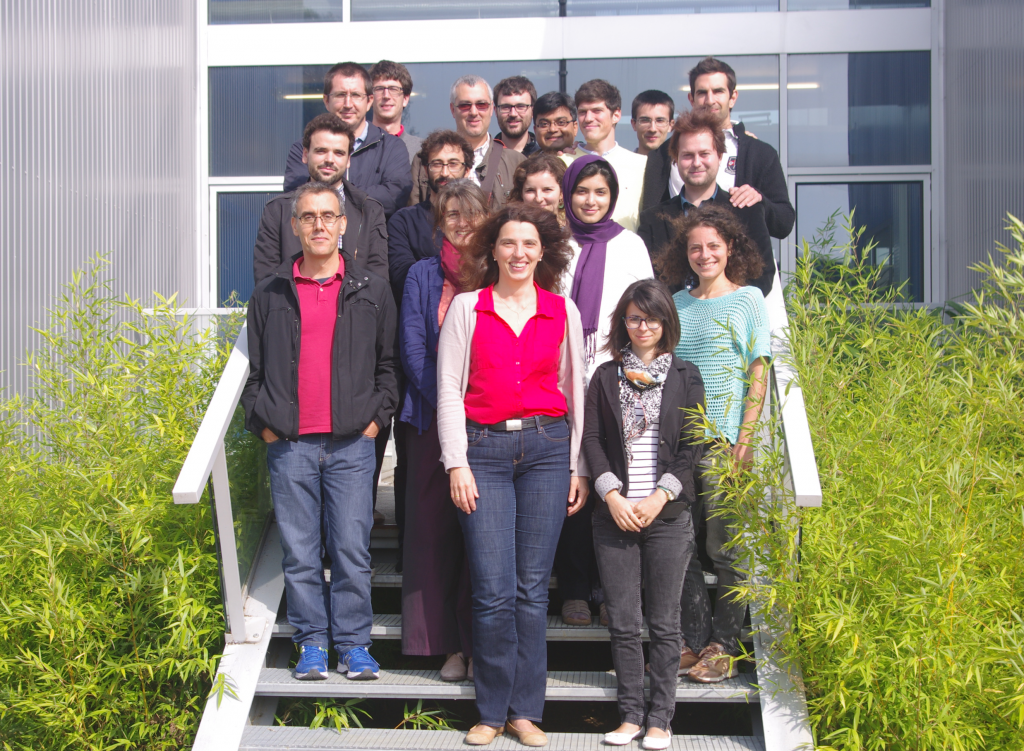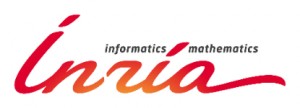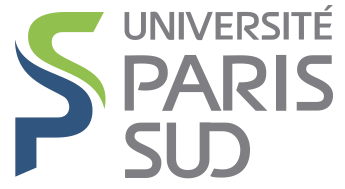OAK (2012-2015) has been a joint project between Inria Saclay and Université Paris Sud, focused on models, languages, and algorithms, for efficiently processing large-scale complex data.
OAK has been discontinued at the end of 2015. The follow-up INRIA team is CEDAR, joint with LIX (Ecole Polytechnique and CNRS / UMR 7161).
Another recent photo (Oléron 2014 summer school)
Current topics of research include:
- data with complex structure, such as: structured document or tree data (such as XML or JSON), graph-based data (RDF, social networks…), data described by complex schema and semantics (such as, for instance, expressed by an XML Schema or an RDF Schema)
- complex processing understood as fine-granularity search, transformation and update of data. While XQuery and SPARQL frame most of our prior and current work, we are more generally interested in formats for structured complex data, typically represented by nested records or graphs of connected objects;
- efficient algorithms for (i) optimizing complex data processing tasks in the cloud and (ii) efficiently executing such tasks, including using highly-optimized stores data structures. Distribution of the data and processing plays an important role here, in particular from a perspective of parallel evaluation in the cloud.
OAK is associated with the database group of University of California in San Diego.
OAK exists since April 2012 and has acquired full Inria status (“project”) in January 2013. Yearly reports:
- 2014: PDF, HTML
- 2013: PDF, HTML
- 2012: PDF, HTML
- 2011: OAK members were part of a larger Inria/LRI team called Leo (now discontinued). The 2011 Leo report: in 2011 activity report.
International and industrial relations
International:
Oak researchers work closely with colleagues from UCSD (USA), Politecnico di Milano (Italy), TU Berlin (Germany), TU Delft (The Netherland), Uni. Roma Tre (Italy).
National:
We collaborate with other Inria teams (AVIZ, MOSTRARE, ZENITH) and Inria-LRI teams (BioInfo). Current industrial partners include DataPublica and SAP; in the past, we have also collaborated with Thales, EADS, Bongrain, Mandriva etc.






